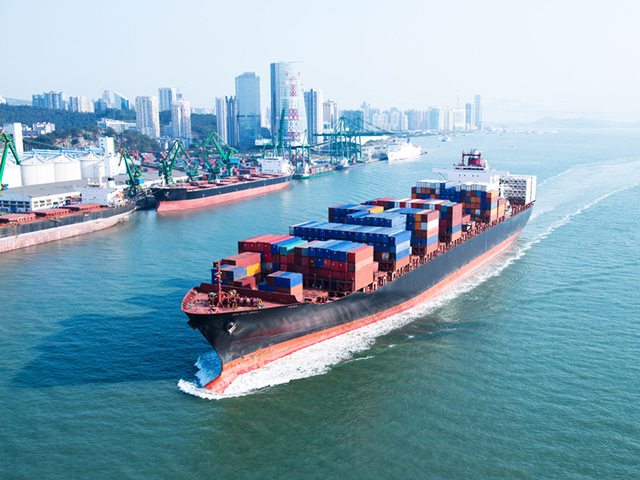The deadline for manufacturers to get the IMO BWMS Code type approval, also known as G8, is getting close. This approval was issued on 21st September 2018 and includes no operational limitations of the BWMS in terms of salinities, water temperatures or holding times. For shipowners who have trades outside the US will be affected by this once it comes into effect on the 28 of October 2020. Read our article here
News
Congratulations to Albion Marine’s Team for completing a Ballast Water Treatment System retrofit onboard a LNG carrier, full commissioning was carried out on Singapore and was, signed off by Albion Marine representative, BWTS supplier Service Engineers and Class. Our team has been carrying back to back installations on three vessels. The next vessel entered dry dock a few weeks ago and installation is in the full swing supported by our onsite supervisors
 |
 |
Albion Marine Engine Experts team was working onsite last weekend to provide emergency main bearing replacement on a mammoth 10S90ME engine. Our team arrived onboard within a few hours of notice. The team returned back past Monday midnight, having successfully completed the job well before vessel’s morning departure. The job was executed at one of the largest container terminals on west coast of North America - Delta port, BC with the vessel being a part of one of the world’s largest container carrier fleets.
 |
 |
A new strategic partnership to strengthen cooperation between ships and ports to reduce greenhouse gas emissions has been signed by the International Association of Ports and Harbors (IAPH) and the GreenVoyage2050 Project, which is executed by IMO. The partnership will result in collaboration to jointly deliver technical cooperation and capacity-building activities to support implementation of an IMO resolution (MEPC.323(74)) which encourages voluntary cooperation between ships and ports to cut GHG emissions. The partnership with GreenVoyage2050 seeks to support countries even further, through the development of additional tools for ports to become cleaner and greener. The overall aim of the partnership is to demonstrate how efforts in the port can support overall reductions in emissions from shipping and help achieve the goals of the Initial IMO Strategy on the reduction of GHG emissions from ships. Read more: IMO News






